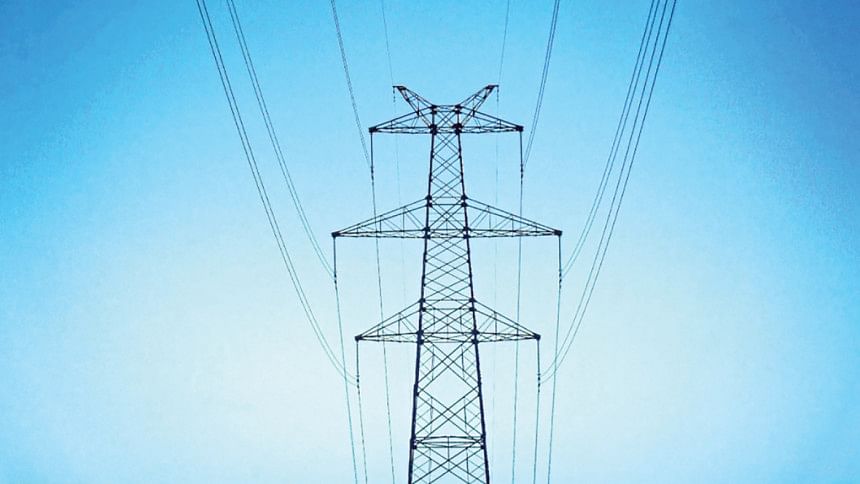Reformation to power, energy sector: BWGED places 16-point proposals

Bangladesh Working Group on Ecology and Development today proposed 16-point proposals for reforming the power and energy sector to ensure good governance, transparency and sustainable development to the sector.
The organisation made the proposals at a press conference at Dhaka Reporters' Unity.
The working group urged the interim government to adopt "No Coal or Coal Moratorium Policy", cancel any new coal-based plant from the power sector masterplan, move away from dependency on liquefied natural gas, and cancel the earlier-announced third LNG terminal.
They also asked the government to backtrack from the previous government's plan to introduce Japanese technologies including carbon capture and ammonia co-firing, which they termed as "unproven and false technologies".
BWGED also demanded removing 26-56 percent taxes in the renewable energy sector, revoking the Quick Enhancement of Electricity and Energy Supply (Special Provisions) Act 2010, initiating a public investigation committee, making Initial Environmental Examination and Environmental Impact Assessment mandatory for all projects, and initiating new masterplan aiming Net Zero carbon emission.
BWGED member secretary Hasan Mehedi said despite the country's commitment to reduce dependence on fossil fuel for power generation, it did not happen.
"Gas-based power plants generate electricity for half of a year and remain ineffective for rest of the time. As such, the previous government had been increasing LNG-based power plants," he added.
Addressing the event, Khondaker Golam Moazzem, research director at the Centre for Policy Dialogue, said it is high time to prioritise knowledge-based policy decisions and break the syndicate that has long been dominating the power and energy sector.
Mentioning that the previous government took decisions to favour certain individuals or groups, he said, "Now, decisions regarding formulation of laws and policies have to be taken in the light of people's welfare and science-based knowledge."
Moazzem also called for ensuring independence of the Bangladesh Energy Regulatory Commission and Sustainable and Renewable Energy Development Authority, and awarding all new plants through a competitive bidding process.
He further demanded the concerned ministry to disclose the Power Purchase Agreements to ensure transparency and accountability, and urged the interim government to prioritise civil society organisations' voices from local to national levels

 For all latest news, follow The Daily Star's Google News channel.
For all latest news, follow The Daily Star's Google News channel. 





Comments